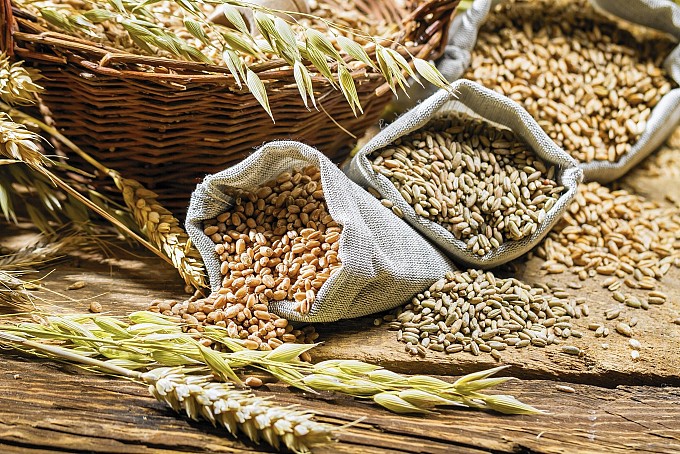
Export restrictions in Kazakhstan are often taken unexpectedly for business. Moreover, based on the proposals of individual associations manipulating figures on the balances of certain food or agricultural raw materials in the country. The business proposed to introduce a clear and predictable procedure for making such decisions, as well as to restore order in matters of statistics.
This was stated by Nurlan Ospanov, Chairman of the Grain Union of Kazakhstan, at a meeting at the NCE "Atameken" with the participation of Deputy Prime Minister - Minister of Trade and Integration of Kazakhstan Serik Zhumangarin on October 18.
- Any proposal to restrict exports should be considered only after drawing up reliable preliminary balances of supply and demand, - said Nurlan Ospanov. – In the meantime, everyone is voicing their "wishlist" based on their own figures. And it is necessary that these figures are provided by the Ministry of Agriculture. This is the only way we will understand how much and what we need ourselves for the current season, and what can be exported painlessly for the domestic market.
Nurlan Ospanov called wheat and sunflower seeds the most sensitive types of products to export restrictions. They determine the formation of prices for goods included in the list of socially significant food products – bread and sunflower oil. Therefore, he proposed to introduce key principles for the export and processing of these types of agricultural raw materials, which will help sales planning.
- It will be easier for all market participants to work if we know that 30% of the products produced in Kazakhstan (and for wheat and more) will be allowed to export in any case, and 70% will remain for domestic processing, - Nurlan Ospanov suggested. – And of these 70%, part will remain to cover the country's own food needs, and part is also exported already in the form of processed products.
Serik Zhumangarin supported this proposal and noted that the interests of two parties – producers and processors - constantly clash in the export of agricultural products. He called it necessary to adopt principles that will suit both sides, and will also protect the interests of the entire business – both farmers and owners of processing enterprises. And indeed, it is possible to do this only on the basis of clear and reliable statistics on the production, processing and domestic consumption of all types of agricultural raw materials.